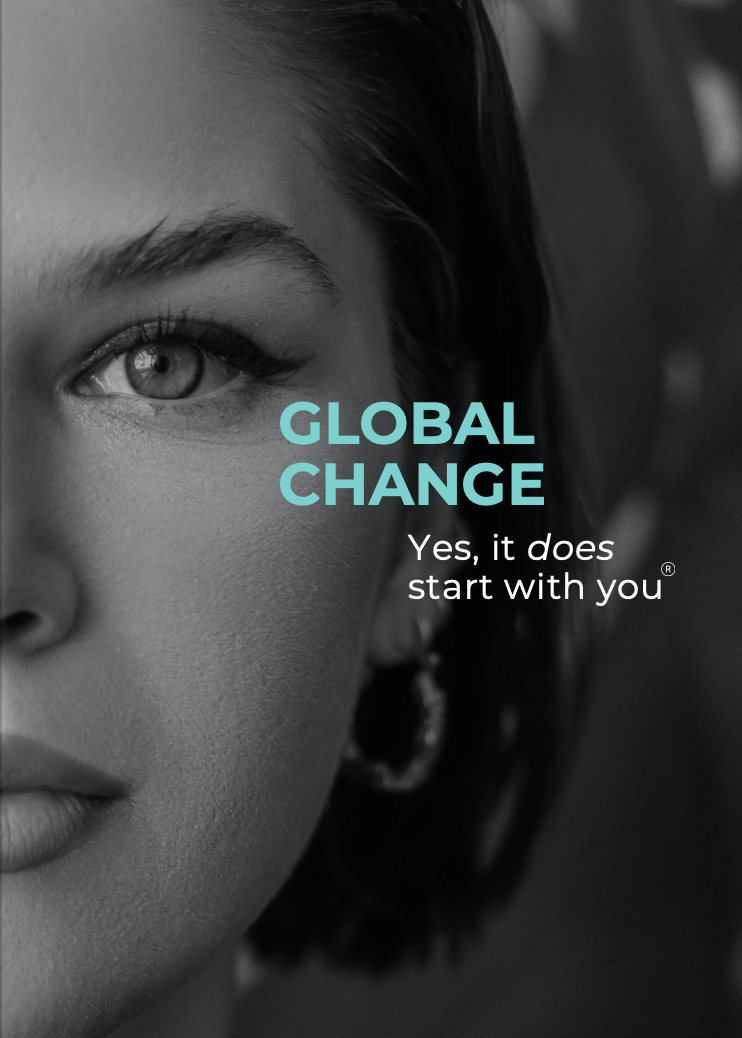Global Change

The real crisis we face today isn’t social, epidemic, political, or economic – it’s a crisis of consciousness. Our thinking, driven by fear, competition, fragmentation, and individuality, creates the challenges humanity wrestles with.
We need to design a new, transformative story for humanity in the 21st century; a fresh worldview. It’s about paving the way for a new kind of humanism, transitioning from an economic era to one of consciousness.
It requires we spark a global revolution of mindset that can provide the answers on how humanity can flourish in an increasingly complex world.
Yet, the revolution set to better the world is ultimately a personal one.
Why? Discover the answers here:

